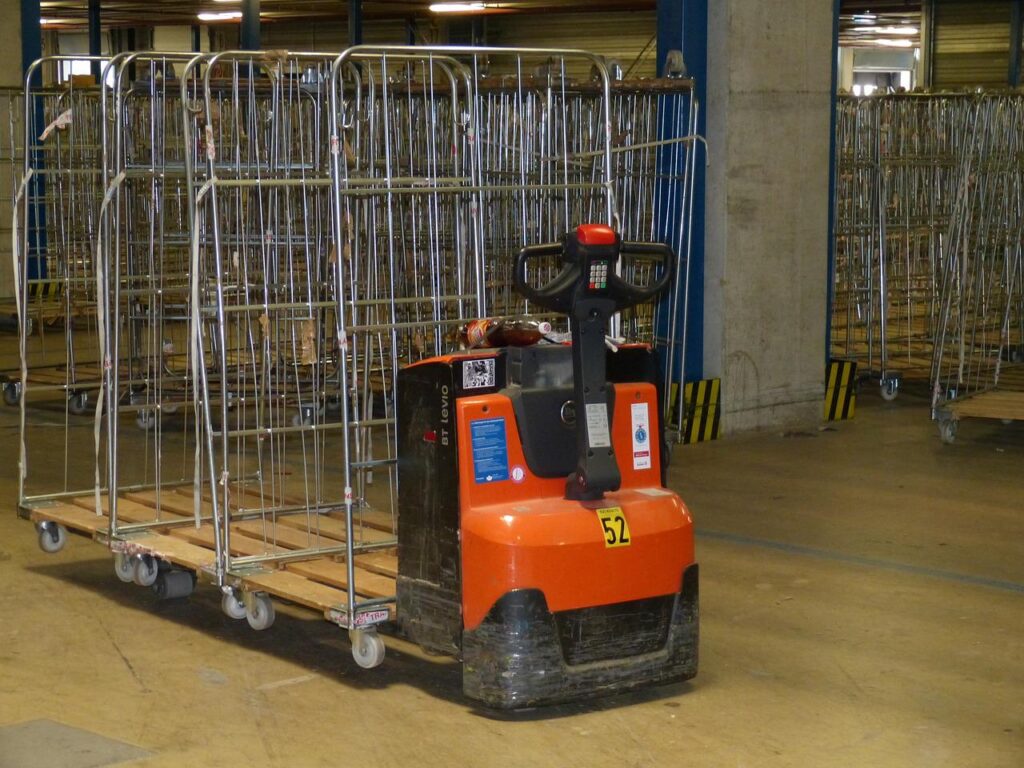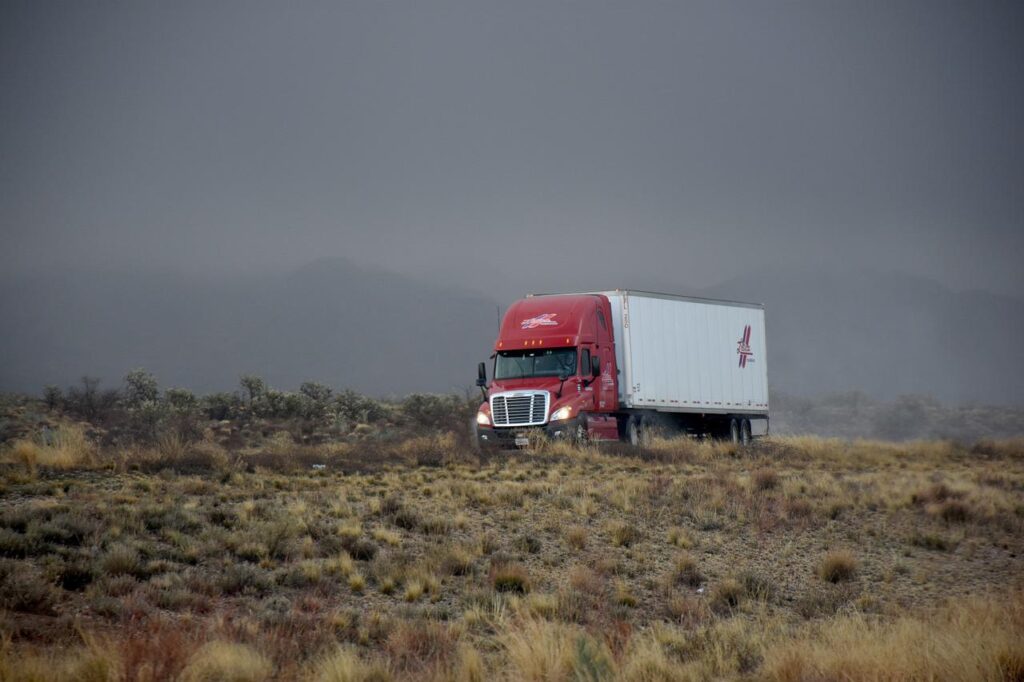
The deadline for the majority of drivers for 35 hours of CPC training required every five years is 9th September 2024. It feels like a long way off, doesn’t it?
It’s not! At time of writing, its just 772 days. It’s probably less than that now you’re reading this.
It can feel tempting to leave the training for another day later on, with so much going on and logistics under huge demand. But the longer you leave it, the harder it could be to book your training when the time comes.
In 2019, the last time the majority of drivers needed to complete their training, many training providers had to turn drivers and companies away with demand being so high, leaving drivers unable to work and companies unable to operate.
This is a legal requirement. If you leave it to the last minute, and then can’t book your training days, you won’t be able to continue to drive.
Don’t delay! Book your training days today with our sister company WeTrainCPC
We can provide training in our Milton Keynes based training centre or online – £50+VAT per module.
For more information about our latest training opportunities or to find out how Flexistaff can support your business, contact us on 0844 556 2916 or office@flexistaffuk.com.




